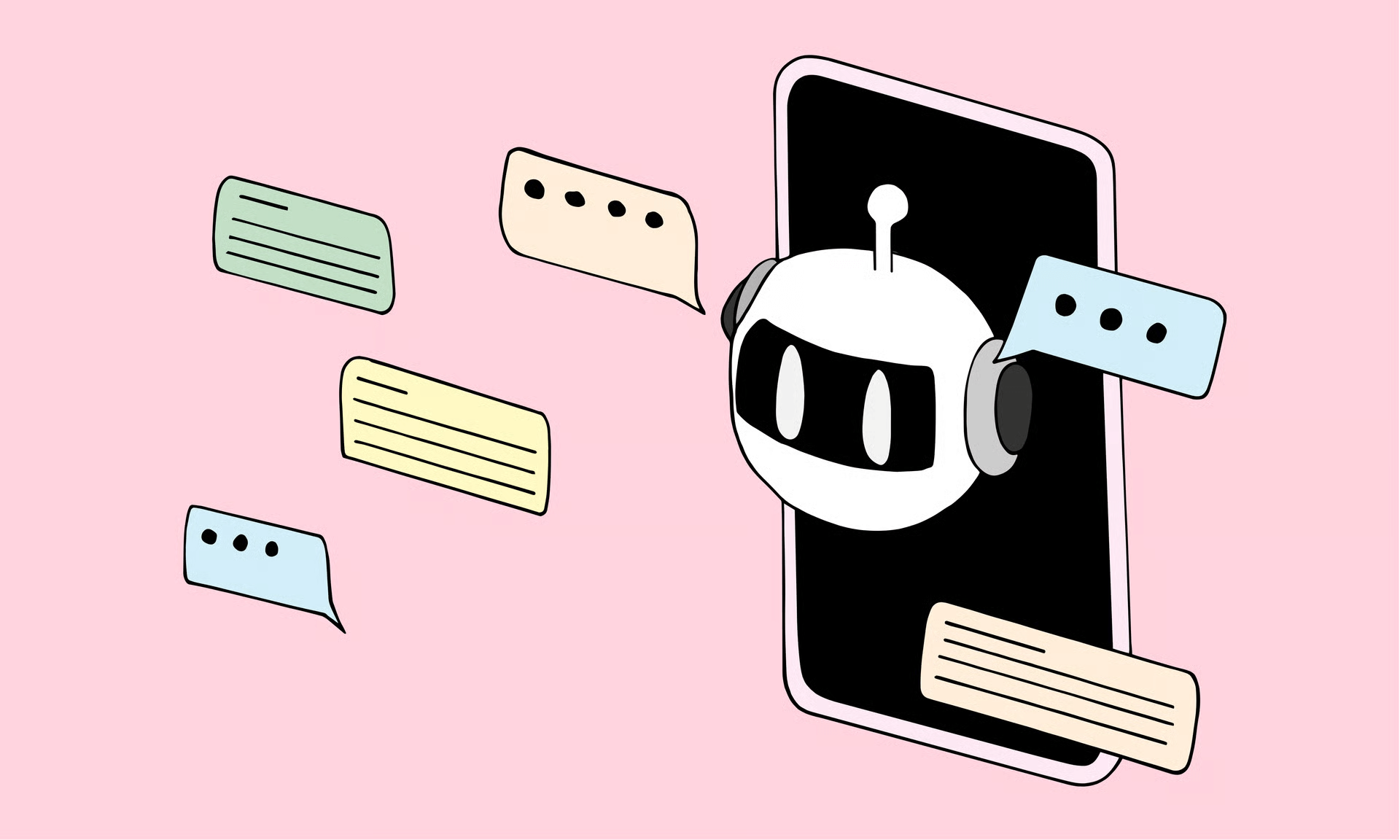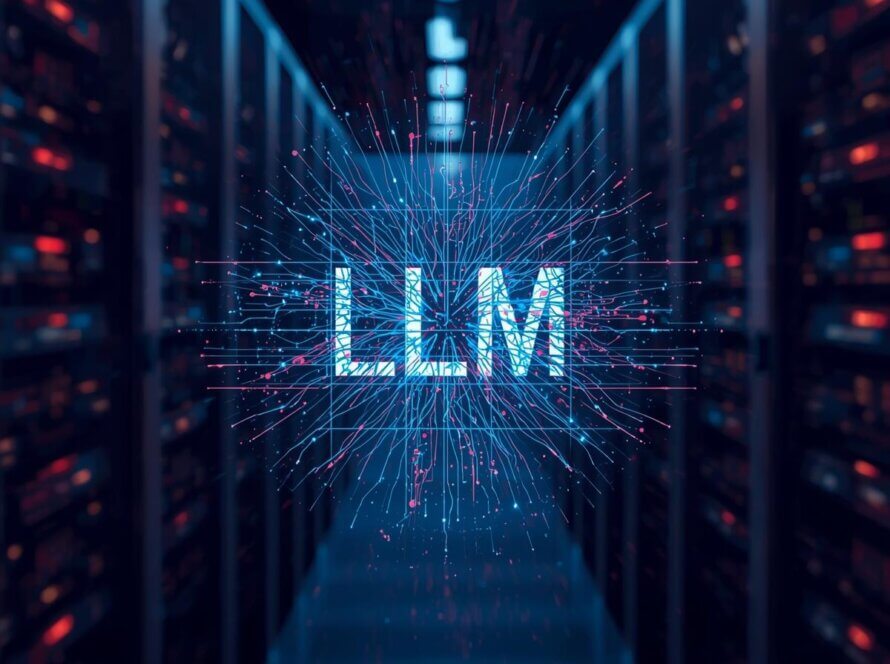The sales team at TechCorp couldn’t stop talking about their new AI assistant. It churned out polished emails, trimmed down meeting notes, and handled everyday product questions without breaking a sweat.
Then came the real test. A top client called, asking for a custom quote—one that depended on three years of purchase history, detailed usage data, and the fine print of their contract. That’s where things broke down.
A chatbot could talk pricing in theory, but it had no window into the client’s records. It couldn’t crunch the numbers, spot the patterns, or stitch everything into a proposal that actually mattered.
The rep ended up spending two hours digging through spreadsheets—work a tailored agent could have wrapped up in minutes.
That’s the ceiling for a chatbot great at talk, limited at tasks. General models shine at conversation and content, but the moment enterprise data comes into play, you need something built for the job.
The Fundamental Shift
ChatGPT and similar models operate as sophisticated response systems. They wait for prompts, process information, and generate answers based on their training data.
This reactive approach works well for content creation, brainstorming, and general assistance, but falls short when businesses require systems that can operate independently toward specific objectives.
The distinction between an AI agent and an LLM becomes clear when examining how these systems handle complex workflows.
A general-purpose model requires human guidance for each step of a multi-phase process.
It cannot maintain context across extended tasks, execute actions in external systems, or adapt its approach based on intermediate results.
Purpose-built AI for business changes this dynamic by creating systems designed to achieve specific goals autonomously.
These agents can develop multi-step plans, execute tasks using various tools and APIs, and adapt their approach based on real-time feedback.
Instead of serving as advanced calculators that humans operate, they function as digital colleagues capable of independent work.
This shift enables businesses to automate entire processes rather than just individual tasks.
A custom agent handling lead qualification can research prospects, analyze their needs against available products, schedule appropriate follow-ups, and update CRM systems without human intervention at each step.
Also read, Why Your AI Chatbot Struggles at Complex Tasks (And How Custom Agents Fix It)
The “Proprietary Data” Wall
General-purpose models train on publicly available data, giving them broad knowledge but no understanding of specific business contexts, internal processes, or confidential information.
This limitation becomes a barrier when businesses need AI that understands their unique situations and can work with sensitive data.
Enterprise AI Solutions require access to proprietary information that defines competitive advantages: customer histories, internal procedures, product specifications, and performance metrics.
A customer service agent powered by chatbots can provide general support guidance. Still, it cannot access account details, past interaction histories, or internal knowledge bases that would enable personalized, accurate assistance.
Custom AI agent development addresses this limitation by training agents on company-specific data while maintaining security and compliance requirements.
These systems understand industry terminology, company policies, and customer relationships in ways that generic models cannot match.
The competitive advantage emerges when agents can provide insights and actions based on a complete business context.
Instead of generic recommendations, they deliver personalized solutions grounded in actual customer data, historical patterns, and business objectives.
Beyond Language
Single models, regardless of their sophistication, cannot master every aspect of complex business operations.
Modern enterprises require specialized capabilities that work together seamlessly, much like human teams with different areas of expertise.
Multi-agent systems represent the next evolution in business AI, where specialized agents collaborate to handle complex workflows.
One agent might excel at data analysis, another at customer communication, and a third at inventory management.
Together, they can orchestrate sophisticated processes that would overwhelm any single system.
Consider order fulfillment in an e-commerce environment. A multi-agent system might deploy one agent to verify inventory availability, another to coordinate with logistics providers, a third to process payment and update accounting systems, and a fourth to send personalized confirmation messages.
Each agent brings specialized capabilities to a coordinated workflow.
This approach scales naturally as business requirements change. New specialized agents can be integrated into existing systems without disrupting current operations, and individual agents can be updated or replaced without affecting the broader ecosystem.
Escaping the “Hallucination” Trap
General-purpose models occasionally generate confident-sounding but inaccurate information, a phenomenon particularly problematic in business contexts where errors have serious consequences.
The broad training data that gives these models their versatility also creates unpredictability in specialized applications.
LLM fine-tuning and Integration practices address this reliability gap by constraining AI behavior within defined parameters.
Custom agents operate within controlled knowledge bases, follow specific procedures, and escalate uncertain situations rather than generating potentially harmful guesses.
This controlled approach enables businesses to implement robust governance frameworks that ensure consistency, accuracy, and compliance with industry regulations.
Custom agents can be programmed to follow brand guidelines, adhere to legal requirements, and maintain audit trails that general-purpose models cannot provide.
The reliability advantage becomes critical when AI systems handle customer-facing interactions, financial transactions, or regulatory compliance tasks that require accuracy beyond what general-purpose models can guarantee.
Beyond the Ceiling
The chatbot ceiling isn’t a criticism of general-purpose AI models but recognition of their appropriate scope.
These tools excel at augmenting human creativity and providing general assistance, but they cannot replace the specialized intelligence that complex business operations require.
Organizations that recognize this distinction position themselves to leverage AI as a strategic capability rather than just an operational efficiency tool.
They build systems that understand their unique context, work autonomously toward business objectives, and provide competitive advantages that generic solutions cannot match.
Services like Optimus AI Labs’ custom agent development help businesses break through the chatbot ceiling by creating purpose-built systems designed for specific enterprise requirements.
These solutions transform AI from a helpful assistant into a strategic asset that grows more valuable as it learns from business operations.
The companies that successfully break through the chatbot ceiling don’t abandon general-purpose AI tools.
Instead, they deploy them appropriately while building specialized agents for the complex, data-driven tasks that define their competitive advantages.
This strategic approach to AI implementation creates lasting business value that extends far beyond the capabilities of any single model.




